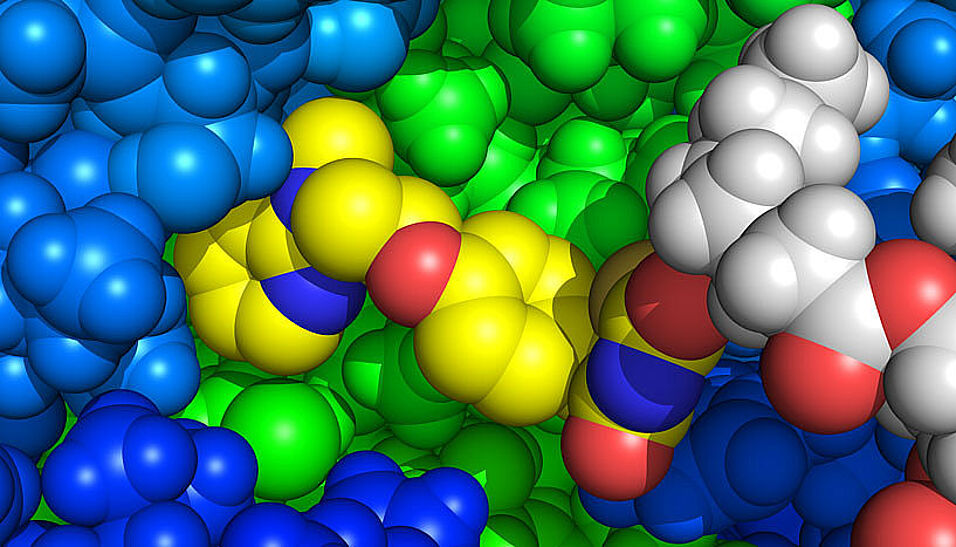Defects in these proteins, caused by point mutations, can trigger many hereditary diseases. Researchers from the Faculty of Life Sciences at the University of Vienna and the Medical Center of the University of Utrecht are developing computer-aided methods to analyze the efficacy of already approved drugs for new applications in the area of rare genetic disorders. The results were recently published in the renowned journal "Frontiers in Pharmacology".
Xingyu Chen, Arthur Garon, Marcus Wieder, Marien Houtman, Eva-Maria Zangerl-Plessl, Thierry Langer, Marcel van der Heyden, Anna Stary-Weinzinger: Computational identification of novel Kir6 channel inhibitors. Frontiers in Pharmacology DOI: 10.3389/fphar.2019.00549

